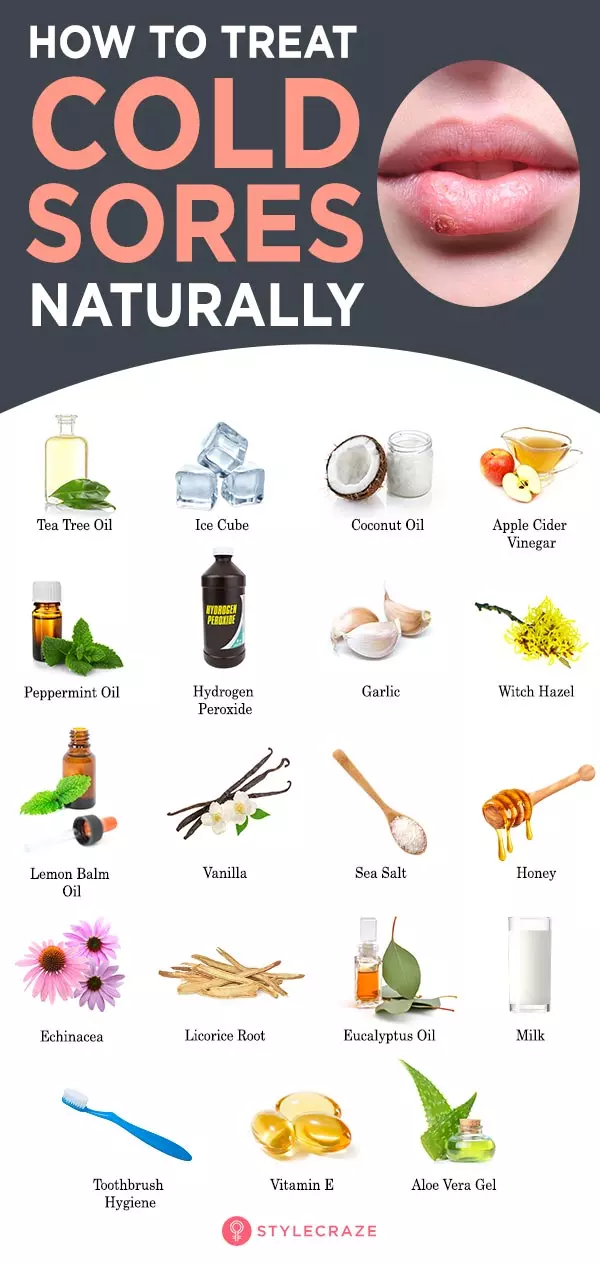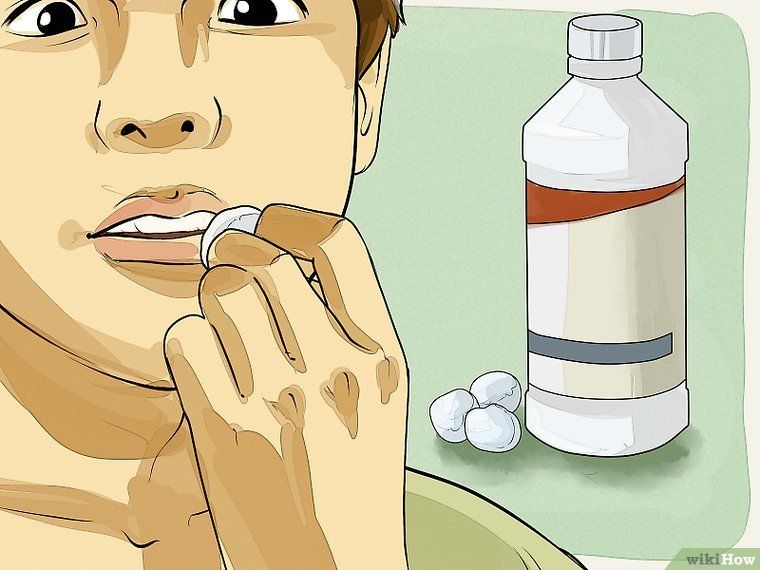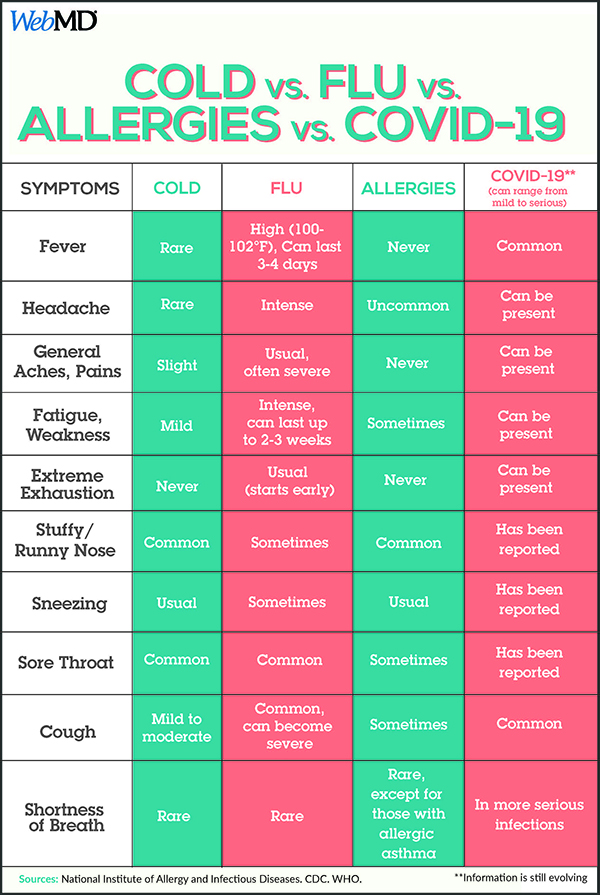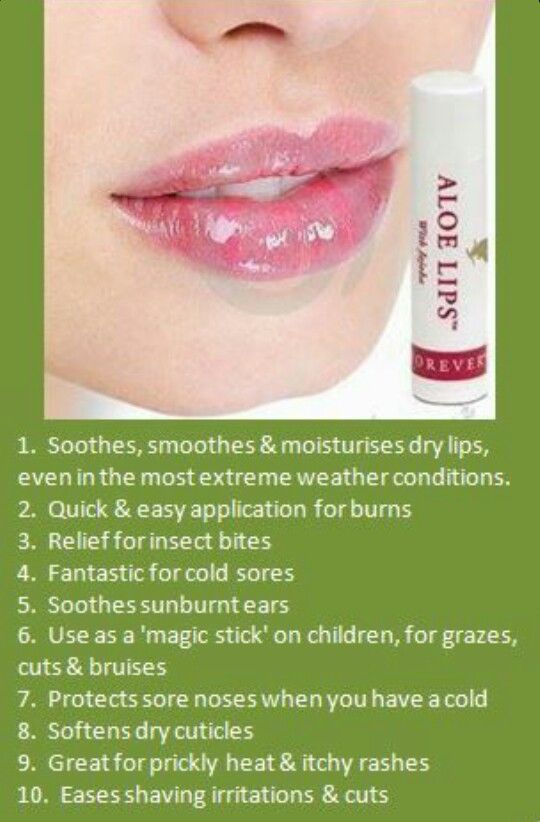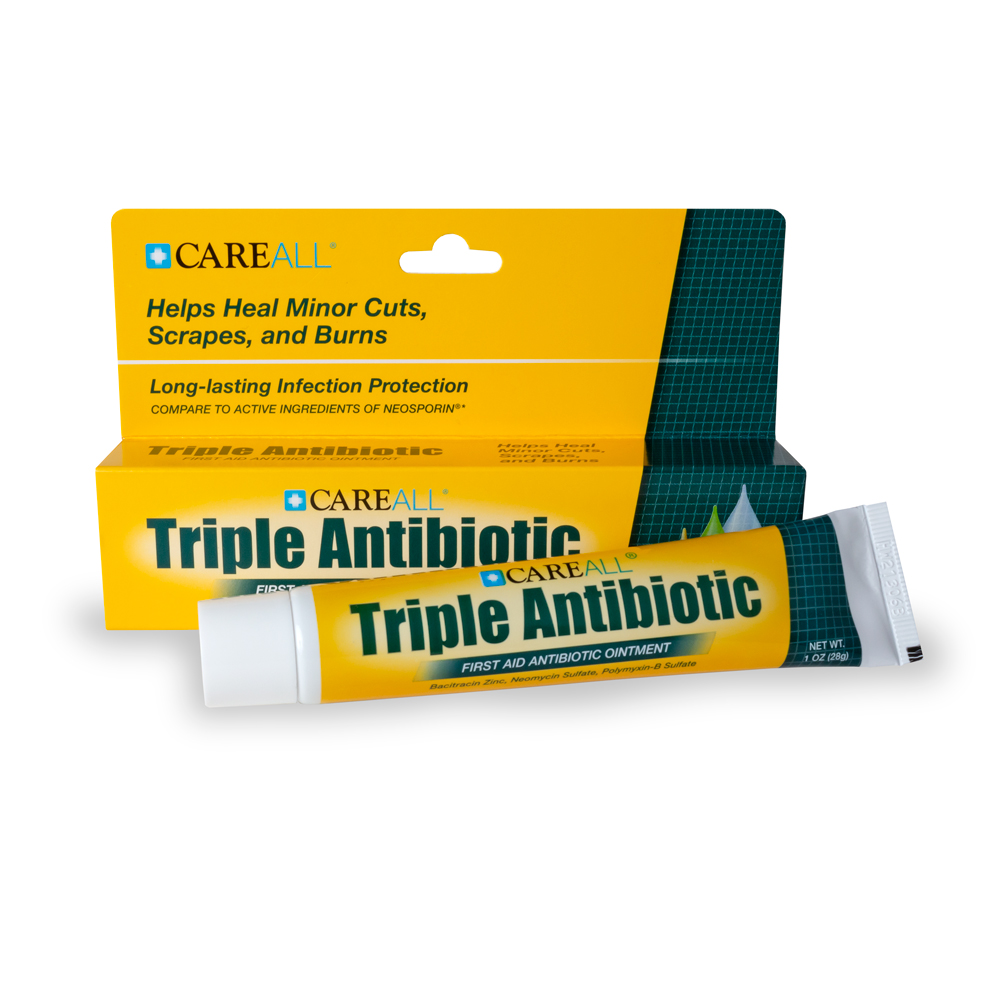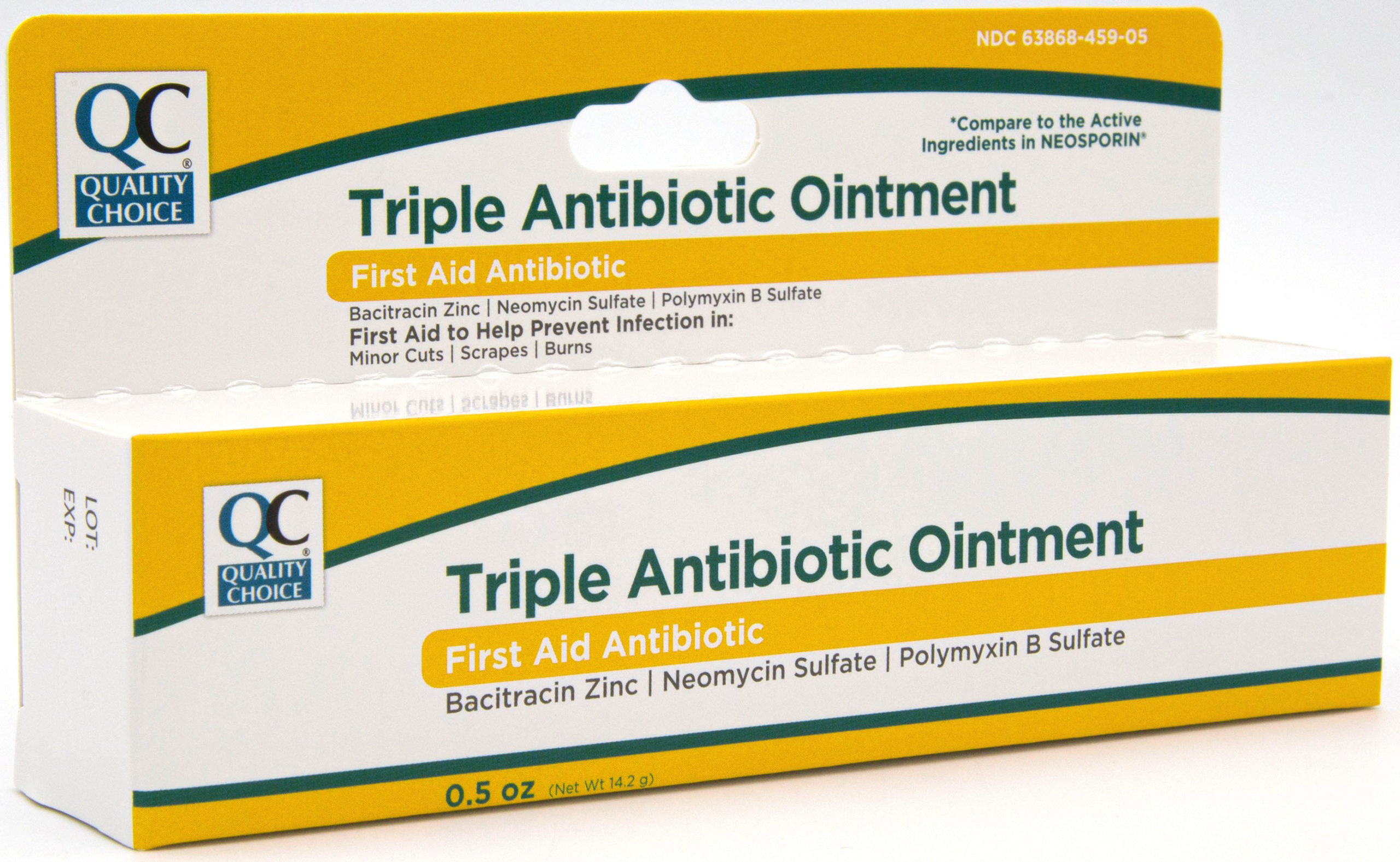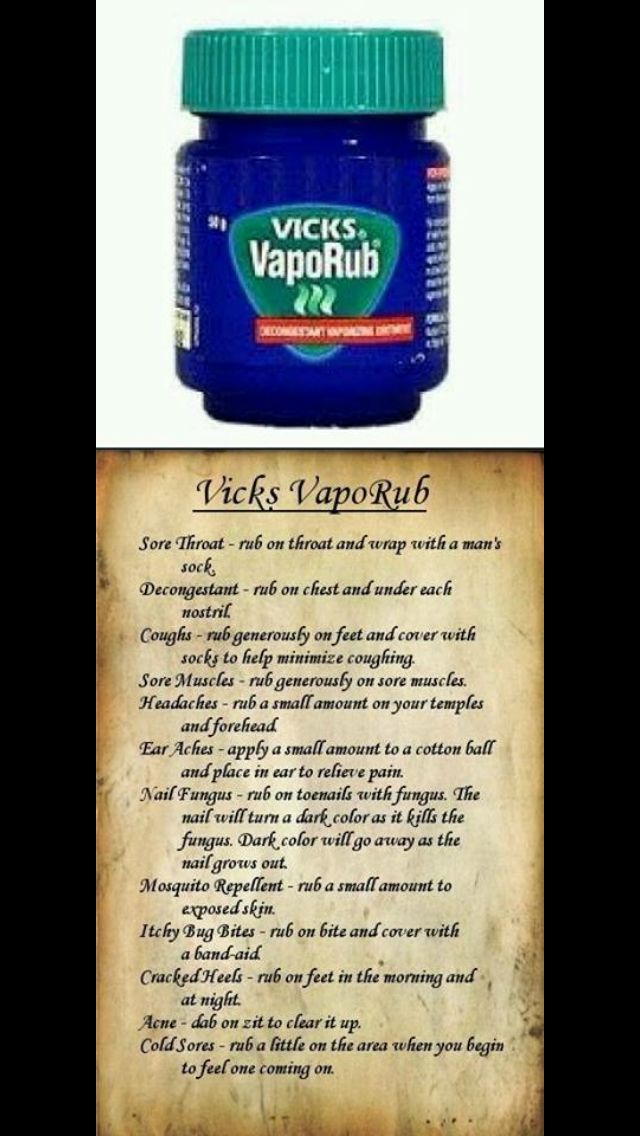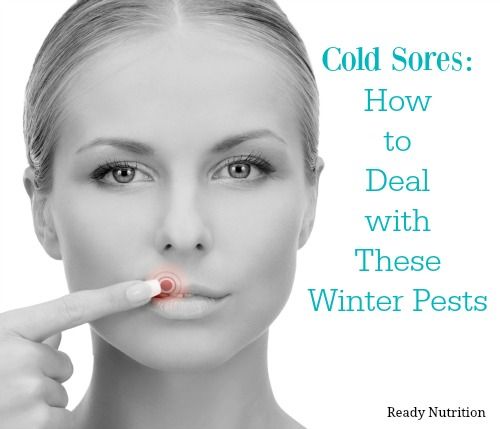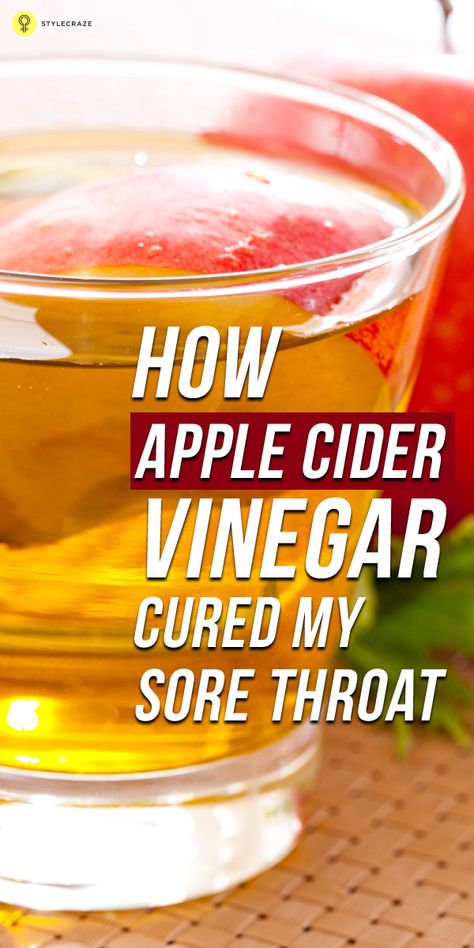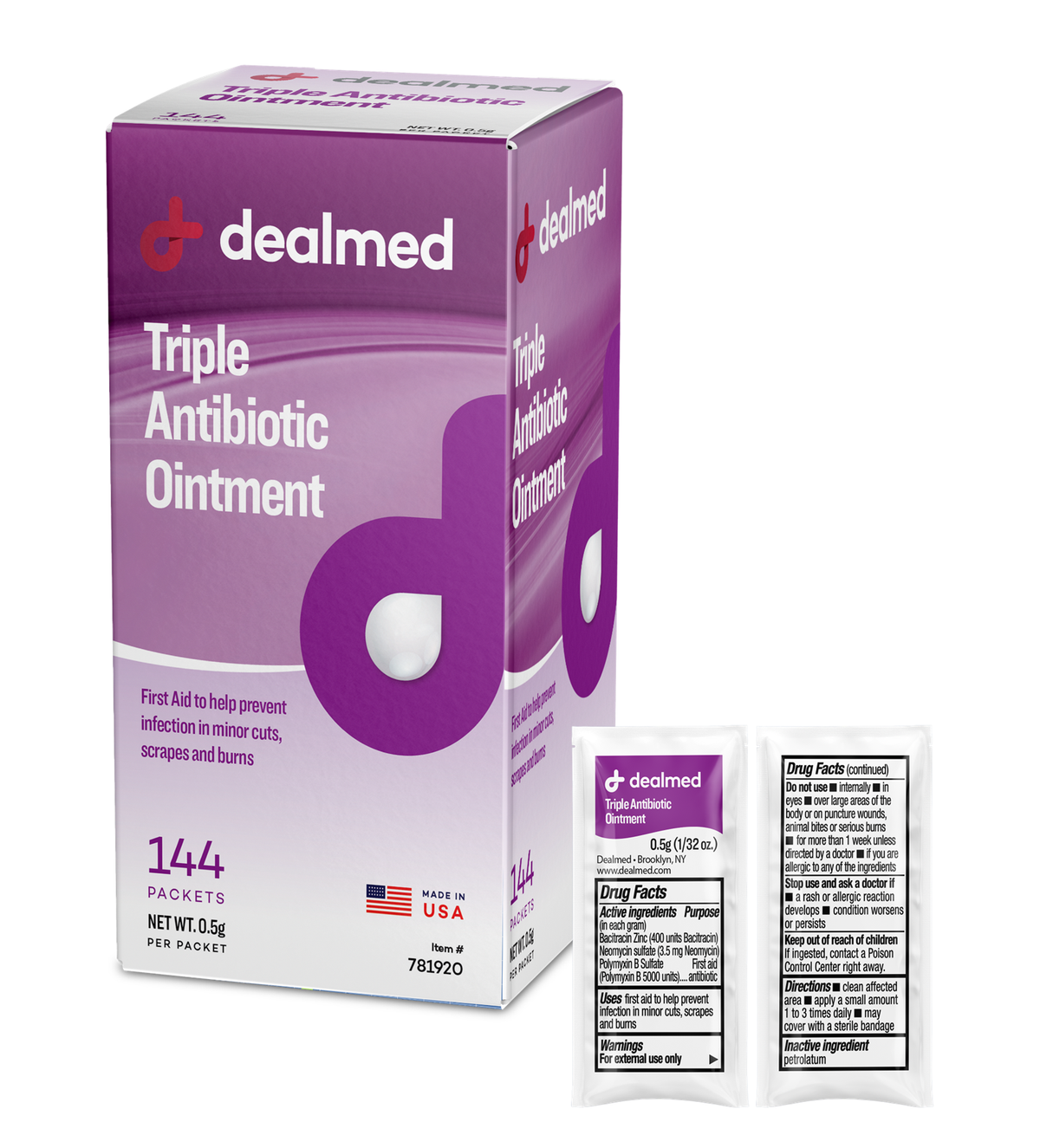Does Triple Antibiotic Help Cold Sores
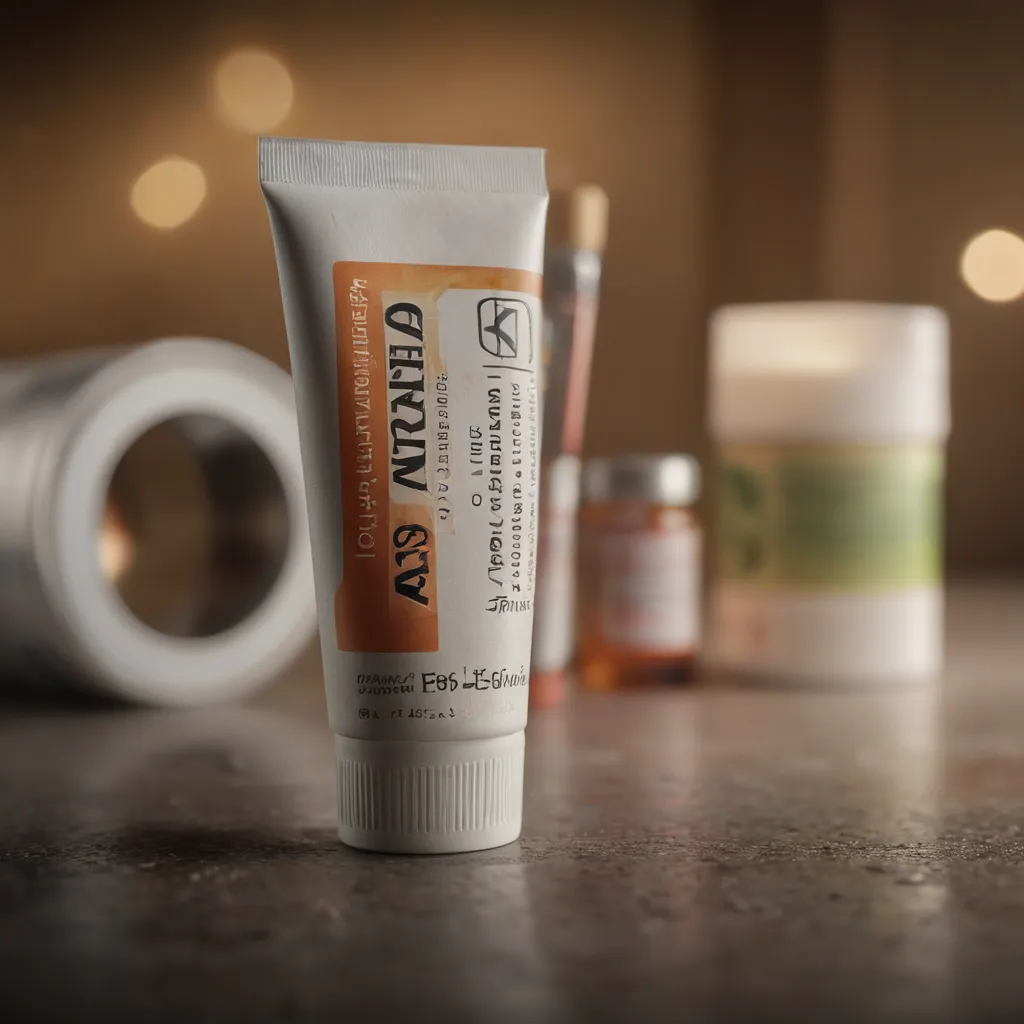
Cold sore sufferers, listen up! A common question circulating is whether triple antibiotic ointment, a staple in many medicine cabinets, can actually help those pesky cold sores. The answer, unfortunately, isn't the simple fix some might hope for.
Triple antibiotic ointment primarily targets bacterial infections. Cold sores, however, are caused by the herpes simplex virus type 1 (HSV-1). This difference is crucial to understanding why triple antibiotic is not an effective treatment.
Triple Antibiotic: What It Is and What It Does
Triple antibiotic ointment typically contains three antibiotics: neomycin, polymyxin B, and bacitracin. These medications work to kill or inhibit the growth of bacteria on the skin.
They are commonly used for minor cuts, scrapes, and burns to prevent infection. They don't possess antiviral properties and therefore are ineffective against viruses like HSV-1.
Why It Doesn't Work for Cold Sores
The core issue is that cold sores are viral, not bacterial. While applying triple antibiotic might prevent a secondary bacterial infection if the sore is broken, it won't address the underlying viral cause. The HSV-1 virus needs antiviral medication to be effectively treated.
Instead, using triple antibiotic might lead to a false sense of security, delaying appropriate antiviral treatment. This delay can potentially prolong the outbreak and increase the risk of spreading the virus.
What Does Work for Cold Sores?
Antiviral medications, available both over-the-counter and by prescription, are the mainstay of cold sore treatment. Common options include topical creams like docosanol (Abreva) and prescription medications like acyclovir (Zovirax), valacyclovir (Valtrex), and famciclovir (Famvir).
These medications work by interfering with the virus's ability to replicate, reducing the duration and severity of the outbreak. Early application of antiviral medication, ideally at the first sign of tingling or itching, is crucial for optimal results.
Soothing Symptoms
While antiviral medications tackle the virus, other remedies can help alleviate the discomfort associated with cold sores. Applying a cool compress, using lip balms with SPF, and avoiding irritating foods can provide relief.
Over-the-counter pain relievers like ibuprofen or acetaminophen can also help manage pain. Avoiding touching or picking at the sore is also key to preventing further irritation and spread.
When to See a Doctor
In most cases, cold sores resolve on their own within a week or two with appropriate treatment. However, certain situations warrant medical attention.
If the cold sore is unusually large, painful, or persistent, consult a doctor. Individuals with weakened immune systems should seek medical advice promptly due to the risk of complications. Any signs of secondary bacterial infection, such as increased redness, swelling, or pus, require immediate medical evaluation and potential antibiotic treatment (prescribed by a doctor).
The Bottom Line
Triple antibiotic ointment is not an effective treatment for cold sores. Focus on antiviral medications and soothing remedies for optimal relief and faster healing. Delaying appropriate treatment can prolong the outbreak and increase the risk of spreading the virus. Consult a healthcare professional for persistent or severe cold sores, or if you have any concerns.
